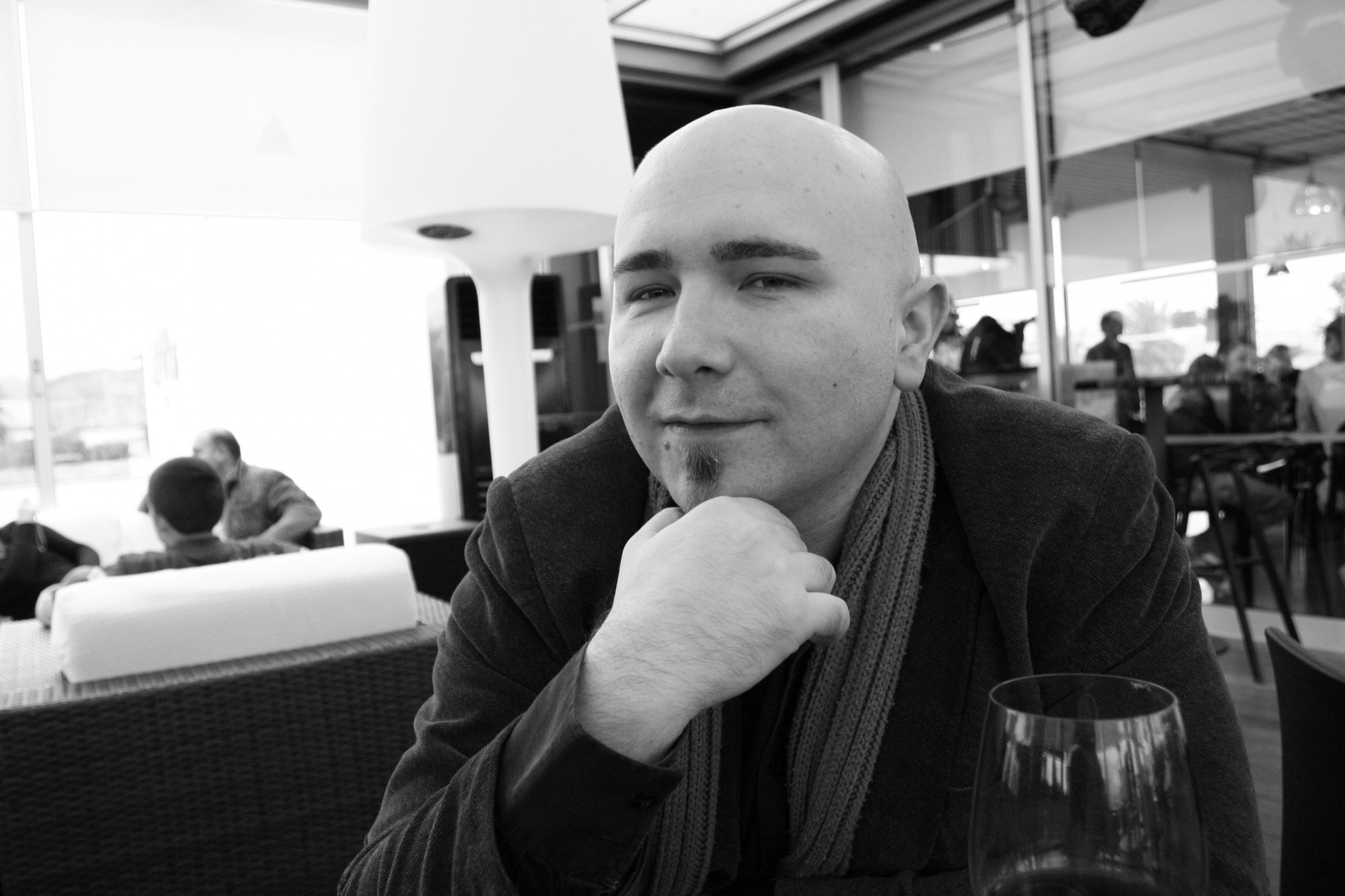


Room -1.26 EEG UMinho & Online
Biography:
Sebastian Buhai (https://www.sebastianbuhai.com) is a research economist with eclectic interests in Microeconometrics, Labour Economics, Empirical Industrial Organization, and Applied Microeconomics more generally. He holds a PhD in Economics from the Tinbergen Institute/ Erasmus University Rotterdam, and his current main affiliations are with the Swedish Institute for Social Research (SOFI) at Stockholm University, the Center for Economics Research and its Applications (CEPREMAP) in Paris, and he has also been a research associate at the Centre for Research in Economics and Management (NIPE) at Universidade do Minho for several years now. Sebastian has, inter alia, researched such themes as human capital accumulation and the dynamics of worker careers; bargaining, rent-sharing, and wage formation; persistent earnings and employment disparities; firm performance, investment in tangibles/ intangibles, and employee welfare — having his research output published in journals such as Econometrica, the Journal of Business and Economic Statistics, the Journal of Economic Dynamics and Control, or the Scandinavian Journal of Economics.
Abstract:
This paper tackles the classic compensating wage differential (CWD)/ marginal willingness to pay (MWP) theme from a novel empirical angle. I revisit CWD/ MWP identification and estimation, using Danish longitudinal linked-employer-employee-data, merged to a representative longitudinal worker survey on a host of occupational health and safety and other job (dis)amenities, as well as other elicited information including potential indicators for worker risk preferences. My empirical framework allows for both vertical and horizontal differentiation, hence for both firms differing in the job amenities they offer and for employees differing in their preferences over job amenities at a particular firm. I estimate selection models accounting for worker and firm observables, the workers’ proxied preferences for risk, and allow for flexible firm and worker unobserved heterogeneity patterns, relating CWD results obtained via hedonic wage regressions to MWP results obtained from empirical hazard models using the workers’ employment histories. Preliminary results suggest sizable wage tradeoffs for regular, and predictable work schedules, as well as for perceived job security — with some noteworthy discrepancies between the genders.
To join the webinar, click on the link: https://videoconf-colibri.zoom.us/j/92935734761
Join the NIPE seminars on Google calendar: https://bit.ly/2LKkPyV